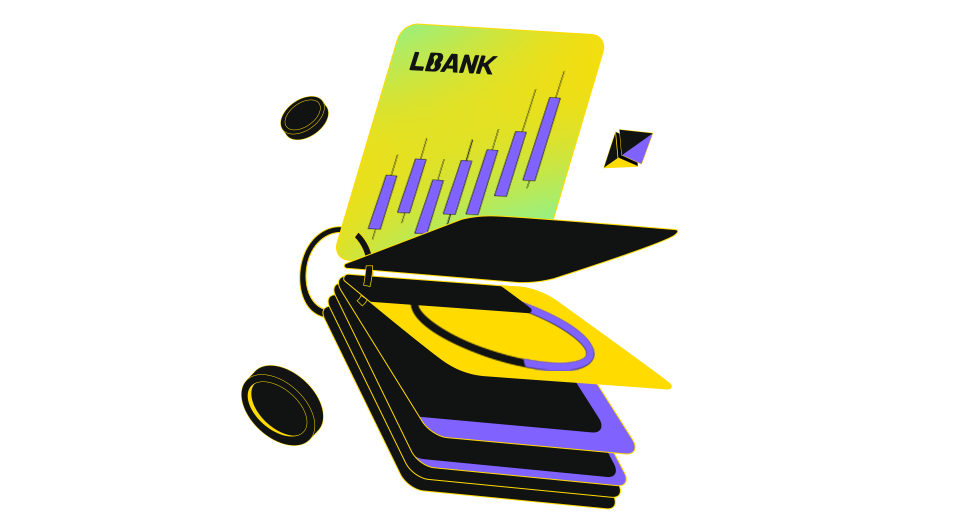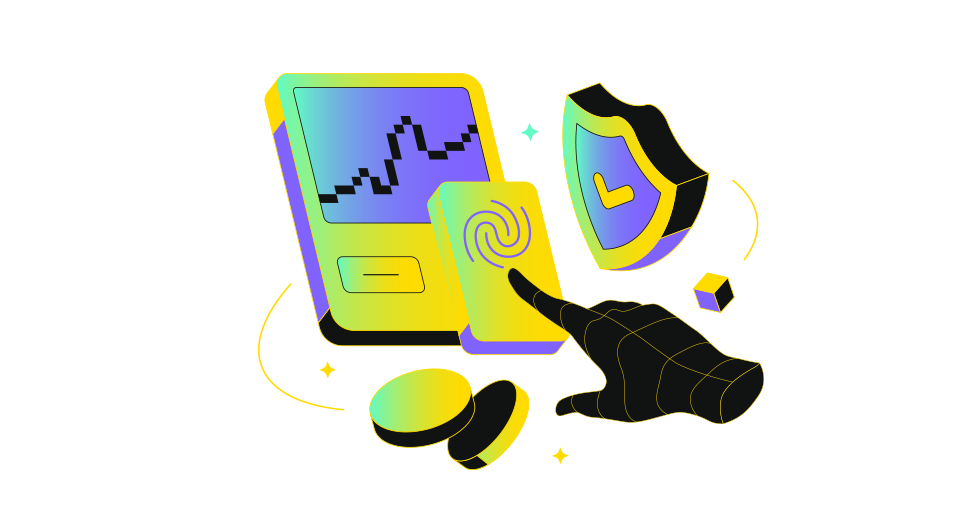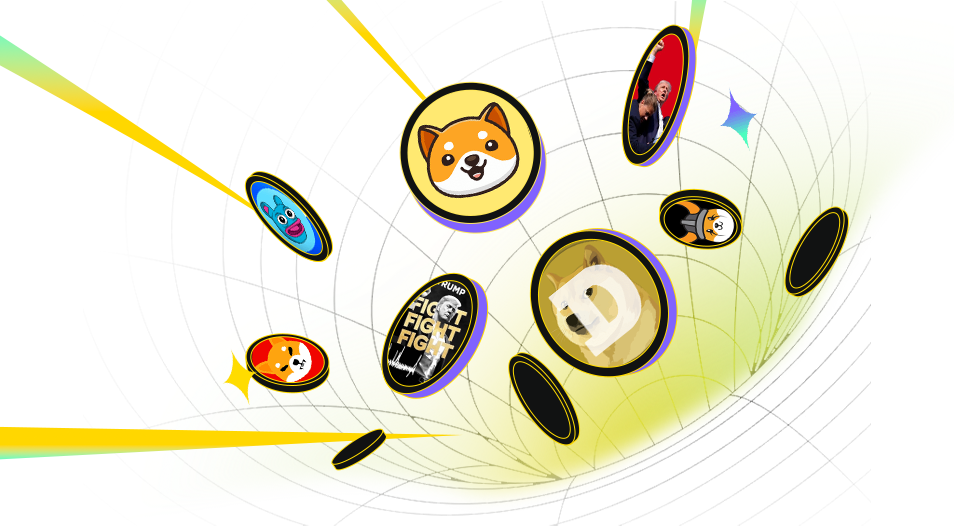IntroductionPicture yourself in front of your computer, on an online marketplace searching for real estate. You are looking at a high-rise condo in To
Introduction
Picture yourself in front of your computer, on an online marketplace searching for real estate. You are looking at a high-rise condo in Tokyo, a beachfront condo in Spain and a co-working space in New York - and all are tokenized and available for sale. A short time later you are purchasing fractional shares of all three! This is not science fiction, this is 2025.
Real Estate which has always been cumbersome, expensive and full of parties commissioning the transaction, is finally stepping into the digital age. Properties are being tokenized, and ownership of property on chain becomes fast, transparent, and accessible to anyone in the world. This is not just a technology trend, but more the perception of value, ownership and opportunity.
In this article, we will dive deep into what tokenization is, and how it will intersect with our real estate industry and the real estate landscape of 2025, and how traditional markets will meet chain technologies.
What does tokenization mean?
Tokenization takes the concept of asset ownership in real life - houses, paintings, gold bars, etc - and converts them into digital tokens that are stored and recorded onto a blockchain. Each token represents a share of ownership in a physical asset.
Consider how it is like breaking up a parcel property is split up into hundreds or thousands of digital shares. The shares can be bought, sold or traded at will like you would any type of cryptocurrency. You don't have long-term escrows, rental agreements, contracts, or stacks of paperwork in order to transfer ownership; you simply press a button to transfer ownership at the speed of a blockchain.
By tokenizing assets like real estate, you eliminate the middlemen banks, notaries, and brokers from the transaction. You also eliminate any barriers to entry; anyone who has an internet connection can be a real estate investor. Finally, owning your slice of a house through tokenization makes it considerably easier and accessible. You can own a house without investing millions; the minimum required is as low as $100!
What are Real-World Assets (RWAs).
RWAs, or "real-world assets," are defined as assets with value in the physical world (i.e. physical assets, art, vehicles, commodities, and intellectual property).
And once tokenized, those assets also have a life in the digital space. For instance, once a physical asset has been tokenized it allows you to legally claim that underlying asset possesses actions, while the blockchain itself is the sole source of truth functionally. The blockchain is also an incorruptible ledger to record every transaction, owner, and share with perfect accuracy.
So while the flat exists in the physical space, for instance, the owner of the flat is now space by virtue of being a virtual owner. Investors can buy it fractionally in the flat with rent, and can liquidate with that underlying asset, when they want to, on blockchain markets.
The intent of this is very beneficial to small investors and allows these types of players not to be excluded from that valuable market.
The 2025 Scenario
Welcome to the 2025 on-chain property marketplace where anyone from anywhere in the world can buy and sell property shares as easily as they can trade stocks.
In a matter of minutes, you can buy 1% of a Dubai penthouse instead of hiring lawyers and waiting weeks. The blockchain provides instant ownership transfers. The smart contracts administer the incoming rents and provide payouts with no manual intervention. Every transaction is transparent, clear, and irreversible.
This is a shift of real estate into a digital ecosystem, one that will operate 24/7 free of borders. It is a process of transforming physical assets into financial capital opportunities, and it is happening today with pilot projects from Singapore to Switzerland.
Advantages of Tokenized Real Estate:
Global Diversification
Tokenization allows access to global possibilities. Investors can now allocate their capital across continents and literally balance their risks between the buoyancy of a developing economy and the growth of a mature economy. Such diversification was never possible without extreme amounts of capital or complicated legal processes.
Lower Barriers to Entry
For the first time, a normal person can own a piece of luxury property without needing insider information or a seven-figure bankroll. Real estate can be purchased and sold as easily as stocks using hard assets.
Transparency and Efficiency
Blockchain makes the entire ownership chain visible. Each rental receipt, transaction, and management change is recorded with precision and automation. This saves money, reduces the chances of corruption, and increases trust among operators and investors.
Possibility of Liquidity
Everyone recognizes that selling property is not easy; you can’t sell a percentage of a house just because you would like to. With tokenization, you are able to own property tokens that can be bought and sold on secondary markets. They are new markets today, but they will explore the speed of crypto transactions with real, palpable assets.
Tokenization Concerns:
The liquidity Risk
Liquidity rests on one factor, and one factor only: people who want to buy and sell. In a thin market, it can be difficult to sell your coins quickly or attract a reasonable price. As the market scales, early movers are always going to experience some level of unknowns.
Difficulties generated by regulations and the law
Property law is mainly local. Blockchain, on the other hand, is global. This difference creates a certain tension. Few jurisdictions have accepted tokenized ownership yet, as regulations still vary in some($) threatening way(s) from country to country. Until more developed jurisprudence exists and there is more certainty, people will be hesitant to embrace and be on any larger scale.
Tensions between constituents.
Tokenized property ownership invites a variety of participants, including global investors, digital custodians, and smart contract authors. Property managers may be pushed to provide live reports, be disclosed about maintenance issues, and be accountable on-chain. The changing winds may become as plentiful as they become burdensome.
FINE ART TOKENIZATION: CASE STUDIES
Art tokenization is perhaps the most straightforward example of the concept in use today. Increasingly, marketplaces are allowing collectors to buy fractional ownership of artworks that are worth millions of dollars. The ownership of each share of the art is remembered on-chain and revenues are digitally distributed. It looks and feels like art collecting - that's exactly what it is - but with a modern, digital twist.
Real Estate in Action
And starting in 2025, we will have clearer evidence from piloted outcomes in places like Dubai and Singapore, where luxury apartments are being converted into tokens, sliced into fractionalized shares, and traded into ownership by a globally dispersed investment network. Some pilot experiments go as far as linking token ownership to computer-delivered rental rights through a smart contract. Here's what we'll see unfolding in the international property sector.
What's on the Horizon in Future Periods?
In the future, tokenized property is at the nexus of technology, finance, and law. With continuing advancements in technology and incremental evolution of regulatory sentiment, it is inevitable that money, banks, and the government will increasingly tokenize property under their existing jurisdictions in order to increase transparency and liquidity.
Imagine a world where property, automobiles, and other assets can be traded on existing blockchain networks seamlessly. In doing so, "ownership" can be codified, streamlined, and scaled on what will soon be a truly global process.
There are still hurdles to cross, such as legal approval and liquidity assistance, but 2025 appears to be the transition moment when everything will be in place for the future.
Conclusion
To summarize, Tokenized property and real-world assets are not fads, but they are promising indicators of an ownership shift. A quiet revolution is occurring in 2025 that is streamlining the investment process, increasing transparency around investments, and removing barriers to entry.
The bumps on the road may still exist, but the road that lies ahead is not about to close. In other words, the line is blurred when it comes to owning things in physical life vs. owning assets in digital life; when that occurs, investing in property might look completely different.
This article is contributed by an external writer: Razel Jade Hijastro.
Disclaimer: The content created by LBank Creators represents their personal perspectives. LBank does not endorse any content on this page. Readers should do their own research before taking any actions related to the company and carry full responsibility for their decisions, nor can this article be considered as investment advice.



